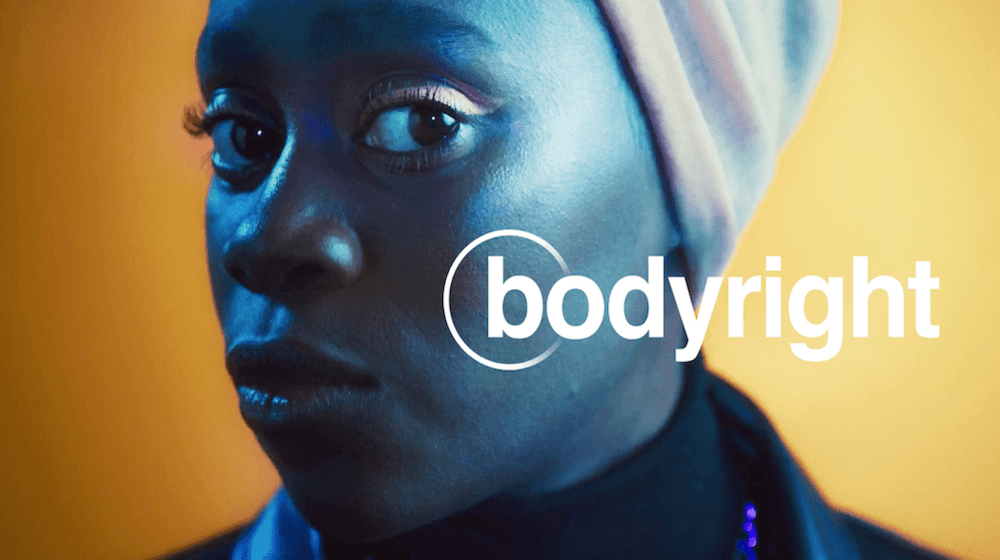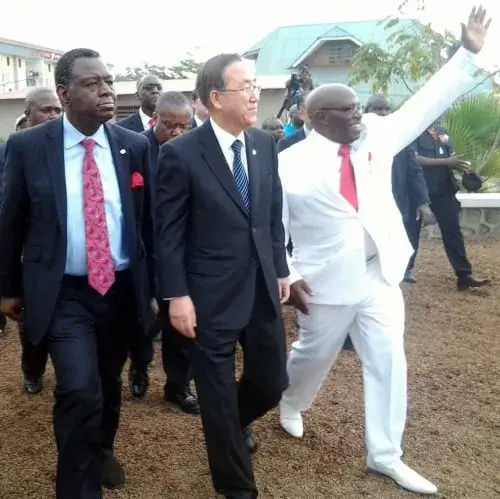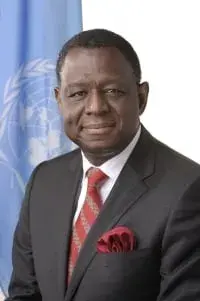“It’s time for technology companies and policymakers to take digital violence seriously,” said UNFPA Executive Director Dr. Natalia Kanem. “Right now, corporate logos and copyrighted IP receive greater protection online than we do as human beings.”
UNITED NATIONS, NEW YORK, 2 DECEMBER 2021—In a bid to end rising online violence, UNFPA—the United Nations agency dedicated to advancing sexual and reproductive health and rights and ending gender-based violence—has launched bodyright, a new ‘copyright’ for human bodies.
The campaign highlights that corporate logos and copyrighted Intellectual Property (IP) are more highly valued and better protected than images of people’s bodies are online. It drives the message that women, girls, racial and ethnic minorities, the LGBTQ+ community, and other marginalized groups are undervalued, exploited, and violated online. The ambition is for everyone to join the movement to hold policymakers, companies, and individuals to account.
“Relentless, borderless, and often anonymous – the online world is the new frontier for gender-based violence,” said UNFPA Executive Director Dr. Natalia Kanem. “It’s time for technology companies and policymakers to take digital violence seriously. Right now, corporate logos and copyrighted IP receive greater protection online than we do as human beings.”
The reality: people do not own their bodies online
Reports of online harassment are widespread. From cyberstalking and hate speech to doxxing and the non-consensual use of images and video—such as deepfakes—online violence is rife.
According to the Economist Intelligence Unit, 85% of women with access to the internet reported witnessing online violence against other women, and 38% experienced it personally. Around 65% of women surveyed have experienced cyber-harassment, hate speech and defamation, while 57% have experienced video and image-based abuse and ‘astroturfing’, where damaging content is shared concurrently across platforms.1
In many countries, laws do not exist to make online violence illegal. Anyone who tries to remove exploitative images of themselves will find they have few legal rights, and a long, painful process awaits those who try to enforce what rights they do have. However, when someone infringes on music or film copyright, digital platforms remove the content immediately. Governments have passed laws making copyright infringement illegal and digital platforms have devised ways to identify and prevent unauthorized use of copyrighted material. These same protections and repercussions should extend to individuals and their photos.
Nine out of 10 women (92%) report online violence harms their sense of well-being and over a third (35%) have experienced mental health issues due to online violence. This trauma inhibits authentic self-expression, and adversely impacts the professional and economic livelihoods of people who depend on online and social media spaces. Online violence silences the voices of women.
The bodyright Campaign
The heart of the bodyright movement is the ⓑ symbol, which can be added to any image directly via Instagram stories using stickers, or by going to the bodyright webpage to use the automatic ‘bodyright tool’ or to download the symbol directly. All assets and guidance can be found at www.unfpa.org/bodyright.
To launch the campaign UNFPA has partnered with award winning poet and spoken-word artist Rakaya Fetuga (Instagram handle: @rakayaesime). From London and of Ghanaian and Nigerian heritage, Rakaya authored and performed spoken-word poetry communicating the impact of online violence and the concept of bodyright. The bodyright launch video can be seen here.
To further advocate for action from governments, policymakers, tech companies and social media platforms, UNFPA has launched a petition, hosted by Global Citizen, demanding tangible action to end digital violence and abuse.
16 Days of Activism against Gender-Based Violence
The social campaign will launch during the 16 Days of Activism against Violence Against Women (25 November – 10 December 2021) with additional supporting activity taking place in 2022.
As part of the global 16 Days of Activism, UNFPA has also launched “The Virtual Is Real” a website that features stories of victims and survivors of digital violence from around the world, alongside innovative work done by UNFPA to address this human rights violation.
NOTE TO EDITORS
For more information and media enquiries please contact:
Eddie Wright: +1 917 831 2074, ewright@unfpa.org
Zina Alam: +1 929 378 9431, zialam@unfpa.org
RELATED LINKS AND RESOURCES
bodyright - The Official Site
Join the campaign! Share bodyright content
Watch the video - featuring award winning poet and spoken-word artist Rakaya Fetuga
Learn more through our interactive web page - The Virtual is Real
Reporting Tip sheet on Digital Violence: A practical reference guide for journalists and media
1 Source: all data referenced is taken from Economist Intelligence Unit, 2020: Study only surveyed 18+ link





